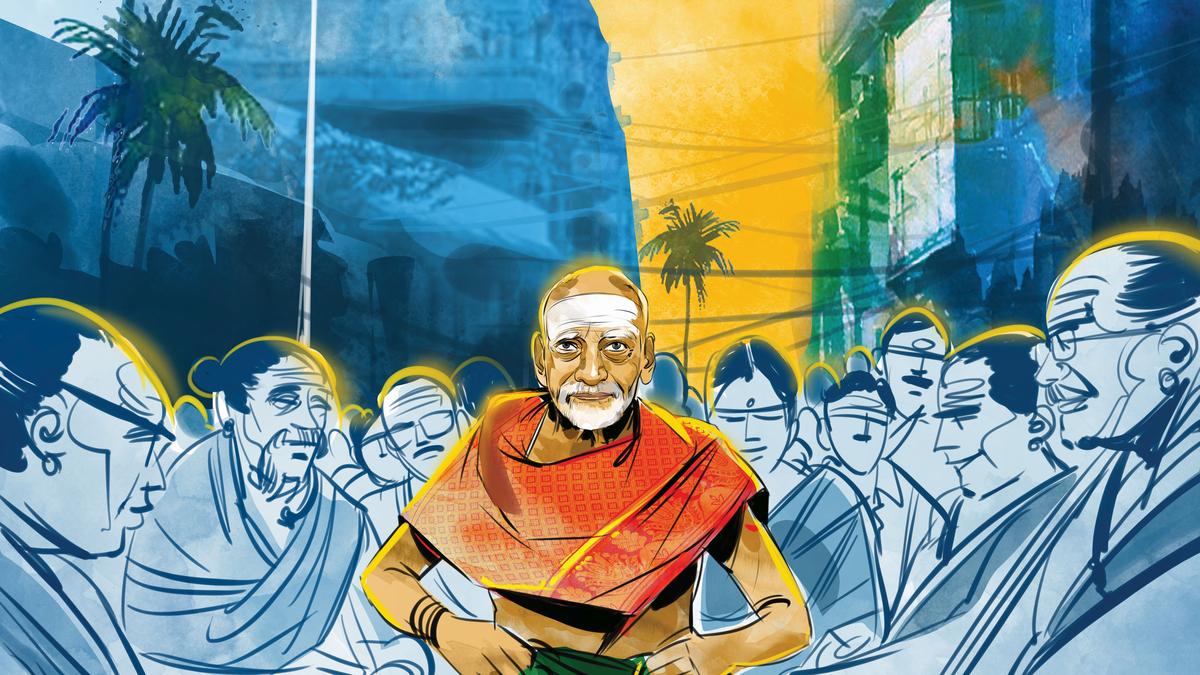
How Papanasam Sivan shaped the musical landscape of Mylapore
The Hindu
Discover the musical legacy of Papanasam Sivan, a devoted composer whose songs honour deities and captivate listeners.
From the streets of Tiruvaiyaru’s Saptastanam to that of Madras’ Mylapore, the early dawn processions during the Tamil month of Margazhi were led by Papanasam Sivan, the only name that comes to mind when you think of Dhanur maasam bhajanai.
Originally known as Ramayya, Papanasam Sivan lived a quiet, unobtrusive life.
Young Sivan’s devotion found a natural outlet in music, and he sang verses from the Tevaram and Tiruvachagam at temples he visited. After moving from Kerala to Tamil Nadu, he acquired a penchant for composing, highly influenced by Neelakanta Sivan and Konerirajapuram Vaidyanatha Iyer. His first kriti was ‘Unnai thudhikka arultha’ in Kuntalavarali, which he composed in Tiruvarur.
“He chose his Mudra or signature to be ‘Ramadasa’ — a throwback to his given name of Ramayya and as a tribute to his father Ramamrutham Iyer,” recalls his grandson Papanasam Ashok Ramani. Having received song-writing opportunities for films, he moved to Chennai.
In his Tevaram hymns, great Saivite saint Tirugnanasambandar viewed the lord as his father. Similarly, Tirunavukkarasar saw the lord as his master, and Sundarar as his friend. They sang the glory of Lord Kapaleeswara of Mylapore, the 24th Shiva temple lauded in Tevaram hymns in the Thondai Nadu-Nadunadu area. Though regarded as a Paadal Petra Sthalam, the Trinity of Carnatic music has not composed any songs on this temple.
However, Sivan, who was fondly known as Tamizh Tyagayya, exhibited his adoration and devotion to Kapaleeswarar and Karpagambal, the presiding deities of Mylapore’s temple, perceiving them not merely as deities but as his best friends. The Dhanur maasam bhajanai influenced him greatly, and he composed songs impromptu on Karpagambal and Kapaleeswarar.
A lot of compositions such as ‘Kapali’ in Mohanam, ‘Karpagambike’ in Bilahari and ‘Sadashiva Bhajaname’ in Thodi were composed during the Margazhi procession and Panguni festival.











